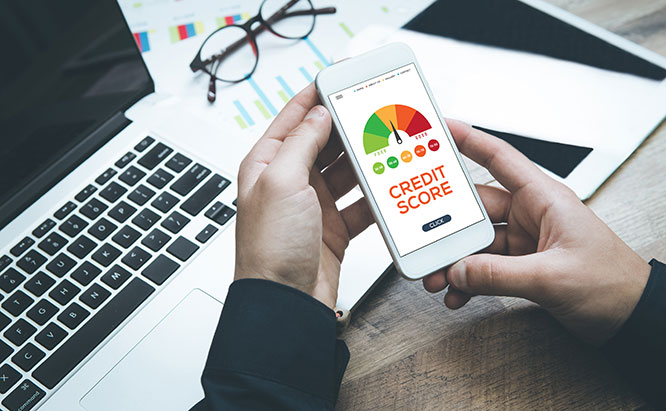Your credit score is a three-digit number that, in part, determines your ability to repay debt, and ultimately defines your eligibility for receiving lines of credit. According to Equifax, credit boroughs calculate your score by weighing in the number and types of accounts you have, the credit you’ve used versus the credit you have available, how long you’ve had credit for, and your payment history.
The bottom line? Having a bad credit score can be bad for business—especially when you’re looking to take out a loan. If your credit score is less than stellar, don’t despair! With a little TLC and patience, you can revitalize your score with these six tips.
Make Payments On Time
Reliability is a crucial factor that lenders review when they examine your credit report. By consistently paying your loan, bill, utility, rent, and phone payments/bills on time, you will appear more reliable, and the higher your score will be.
Missed and late payments will adversely affect your score and remain on your report for seven years. However, if you remedy your repayment habits, previous faulty payments will not impact your score so severely.
Pay Off Revolving Debt
Time Your Applications
Keep Zero-Balance Accounts Open
As tempting as it can be to close an account that you no longer use to stave off a spending itch, keep your zero-balance accounts open as long as you aren’t charged annual fees.
Closing an account can result in a higher credit utilization ratio because even if you owe the same amount, you will have less unused credit. Plus, it’s optimal to have more credit available to use than not in the event of an emergency.
Clarify Inaccuracies
Resist Wiping Old Debt
Surmounting debt that has followed you around like a ball and chain is a huge victory. It’s only natural to want to wipe it from your credit report. However, if your payments were made in a timely and complete manner, keeping those debt records may work to improve your score as it demonstrates your reliability.
Though it takes time for an undesirable credit score to improve, all hope is not lost—even if you need a loan. There are lenders, such as Quontic, who offer loans designed for individuals with credit scores as low as 680. Just try to stay the course and practice regular repayment habits. Eventually, your credit score will climb higher.





